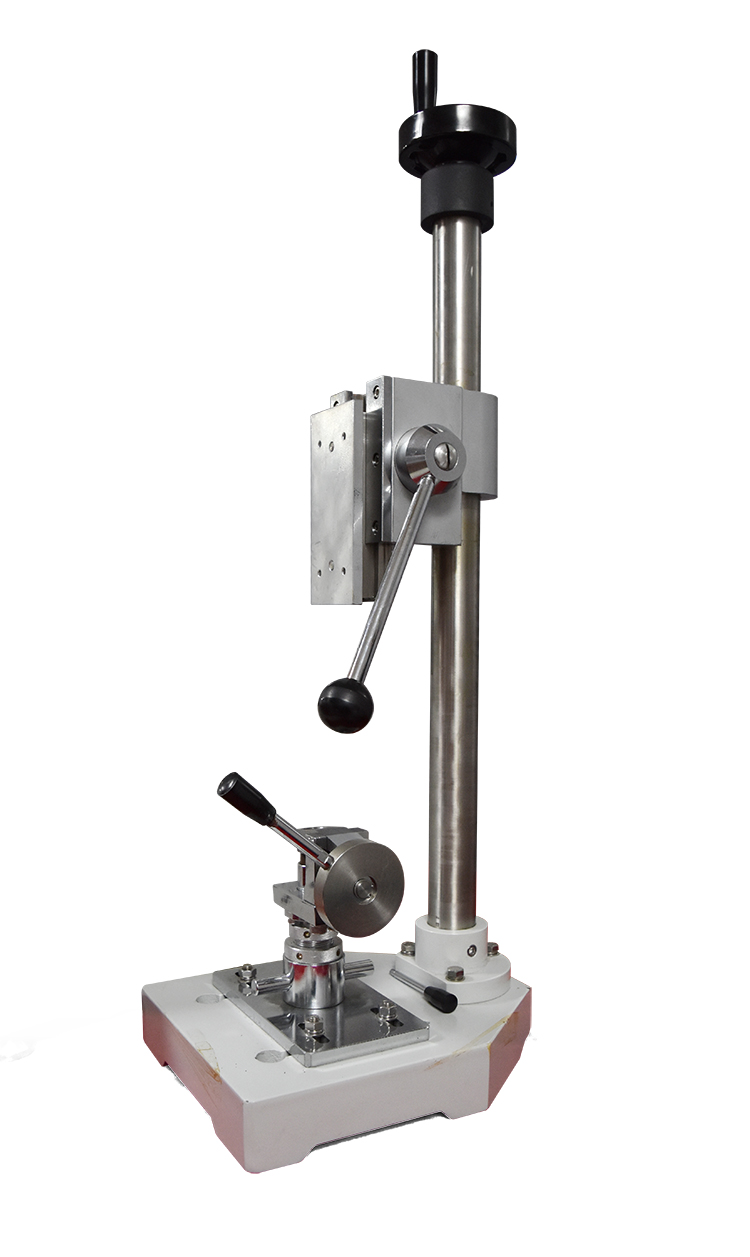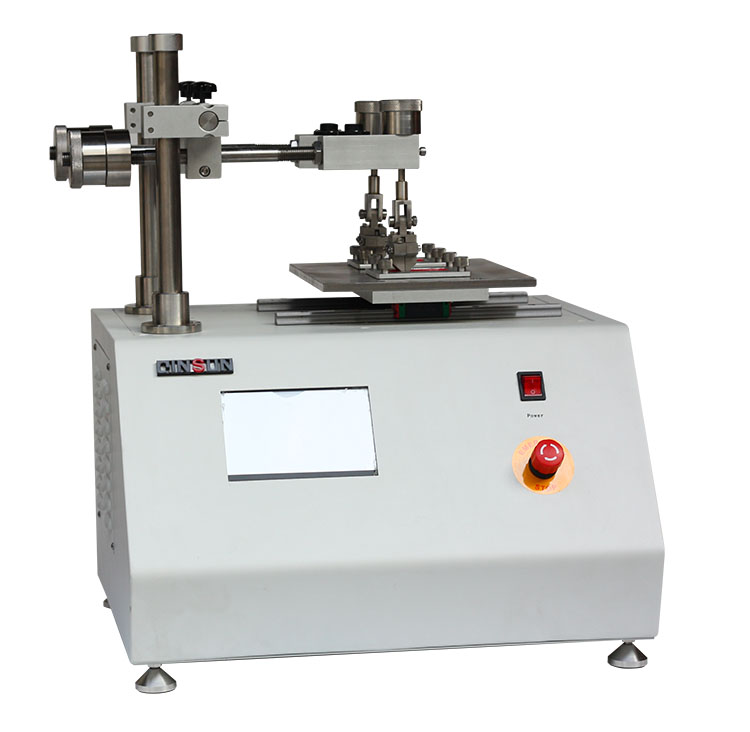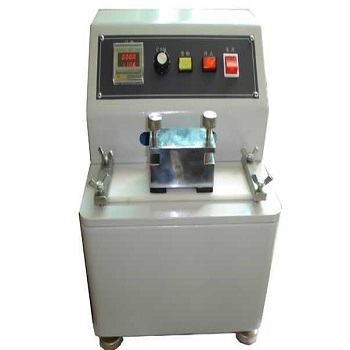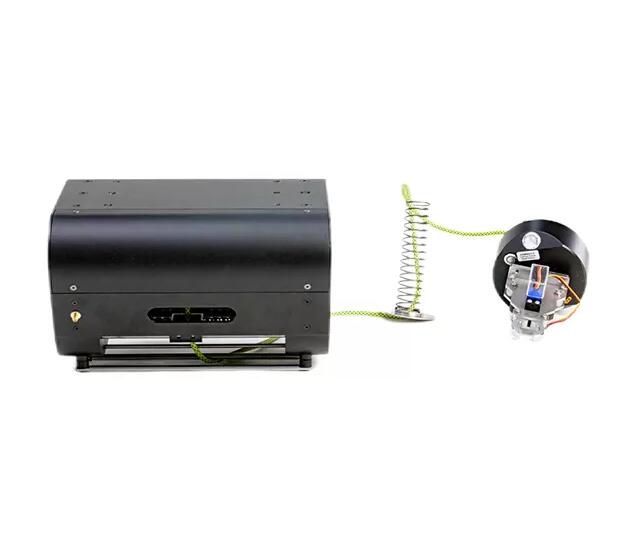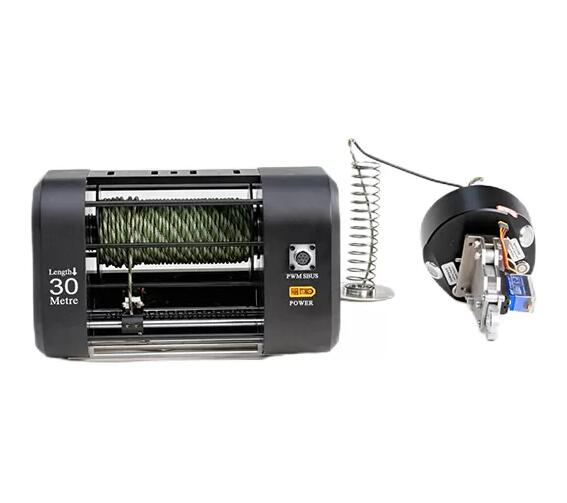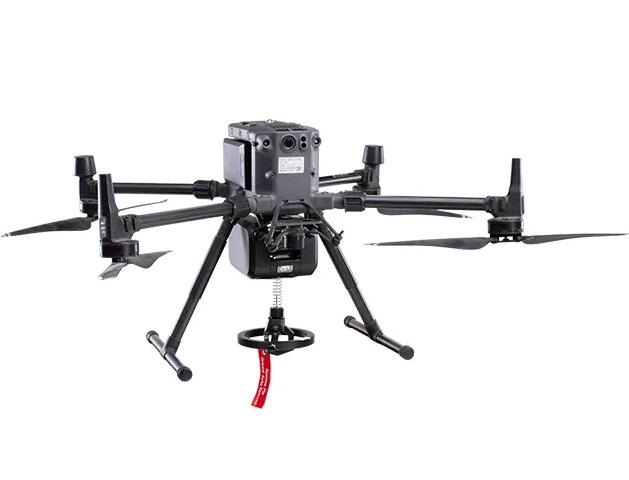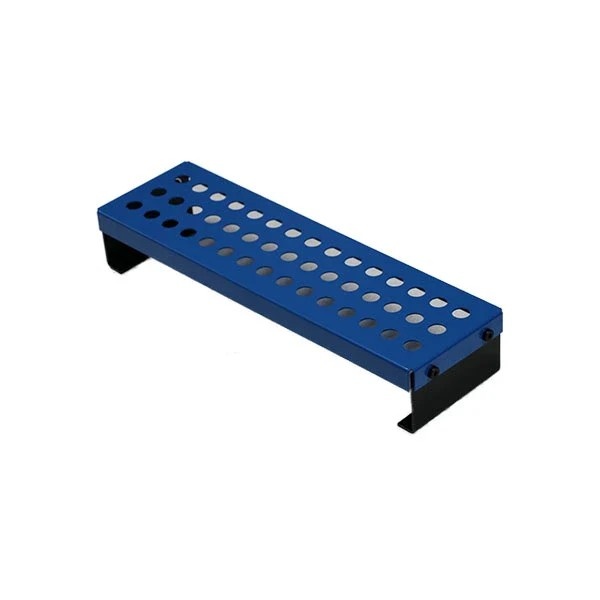Electric Rubbing Colour Fastness Tester
Standards:
AATCC 8 AATCC 165 ASTM F1329 EN ISO 105-X12 ISO 105-D02 JIS K6328 JIS L0849 JIS L1084
Applications:
rubbing color fastness tester is the official test equipment of the United States Textile Chemists Association and printing and dyeing workers.
Product Information:
AATCC rubbing color fastness tester is the official test equipment of the United States Textile Chemists Association and printing and dyeing workers. The rubbing fastness tester tests the ability of fabric colors transfer from the surface of the material to other materials in dry and wet rubbing conditions. In addition to the color transfer test, the instrument can do worn, dry / wet friction, flexure, powder, dry cleaning, grinding and other tests. Samples using standard pressure and movement to ensure that the sample conditions are controllable and repeatable.
Electric and manual rubbing color fastness all have three models: the traditional manual rubbing fastness tester, electric rubbing color fastness, and manual rotation of the rubbing color fastness tester. The rubbing color fastness tester meets the following standards, as well as other industrial and organizational testing methods. (The address and contact details
Specification
Physical performance Installation environment
Length: 60cm (23.6 inches) for indoor use
Width: 22.2cm (8.75 inches) Height: up to 2000m
Height: 27cm (10.6 inches) Ambient temperature: 16 ~ 29 ℃ (60 ~ 85 ℉)
Relative humidity: up to 80%
Structure: Cold rolled steel plate AC power supply voltage fluctuation: Rated voltage ± 10%
Surface treatment: gray paint Overpressure level: Ⅱ pollution level: 2
Shipping Weight: 13kg (13lb)
Power: 115V, 60Hz, 1.5A 230V, 50Hz, 0.75A
Operate method
Electric friction color fastness tester, can be used frequently and do long time test. The model is running at a constant speed of 60 rpm, which can automatically stops the test, with a digital counter and a removable drive arm safety cover.
Before the test, firstly, installing the sandpaper on the instrument base to prevent the sample from sliding. Then, the sample is placed over the sandpaper and fixed with the sample holder. The test cloth is fixed to the friction head with a catapult. The device uses a digital counter to automatically record the number of work until the preset number of strokes has been reached, stopped and through the buzzer to alarm. The friction head can exert 9 N pressure to the sample with a preset stroke of 104 ± 3 mm (4 inches). The stroke length can also be adjusted to 50 or 76 mm (2 or 3 inches) depending on the sample size. After completing the preset number of strokes, remove the test cloth and evaluate the resulting ring pattern according to the sample standard.
Feature
Power supply emergency stop
In an emergency situation, unplug the power cord from the back of the device that can disconnect the instrument from the power supply and the instrument will shut down quickly, and stop the test. When the operation is started again, press the power button OFF on the front of the instrument, to connect the power cord, and then press the power button ON.
Test emergency stop
Turn off the ON / OFF button on the breaker next to the counter, the instrument will turn off completely. The instrument will automatically return to the original settings, then it needs to use the new sample to restart the test.
Replace the fuse
The device counter is overload protected by glass tube type of fuse. The fuse is located on the center panel of the back of instrument. When replace, use the 0.25A / 250V retentive fuse (P / N 13304100) to replace.








